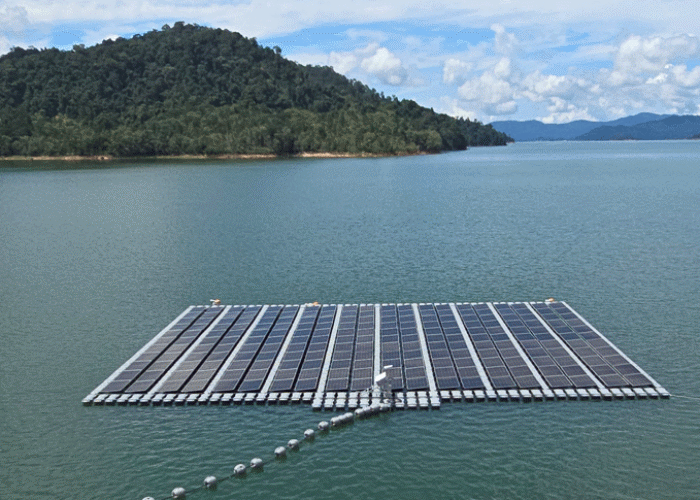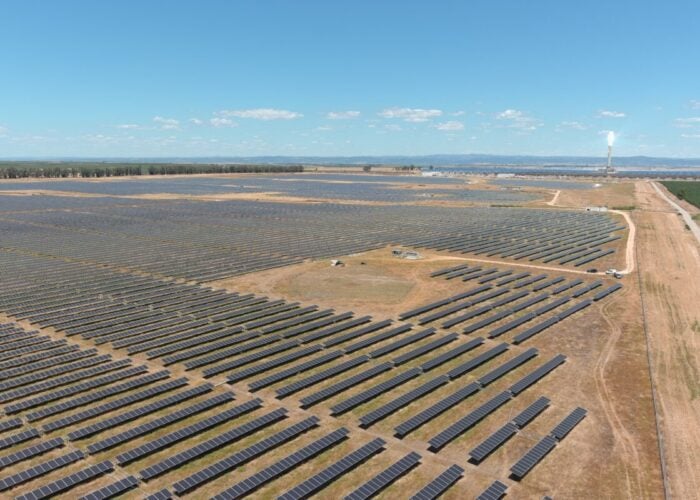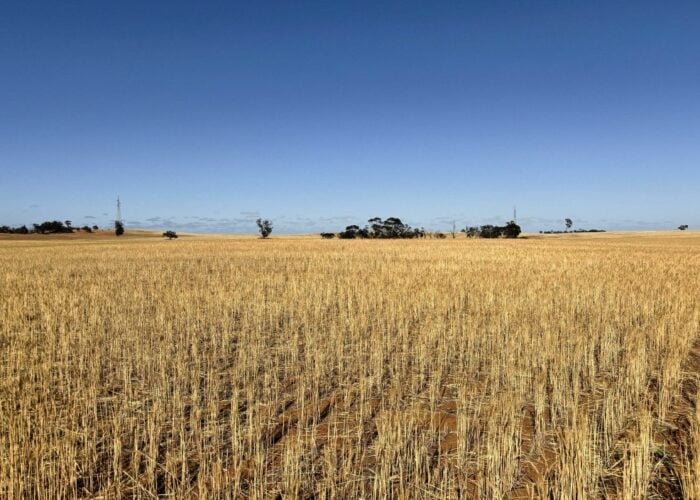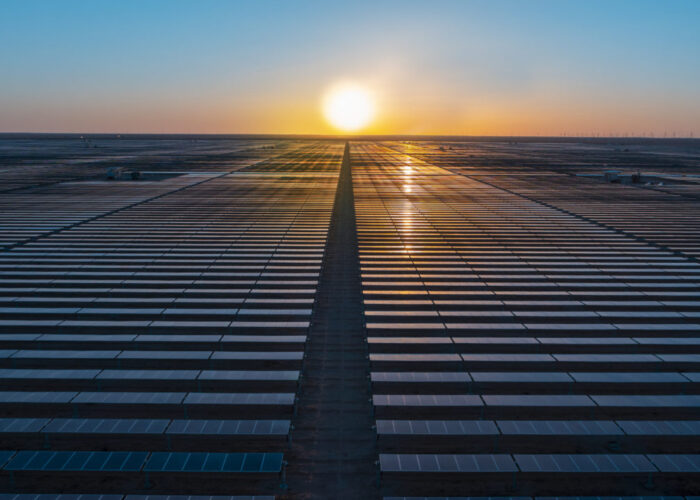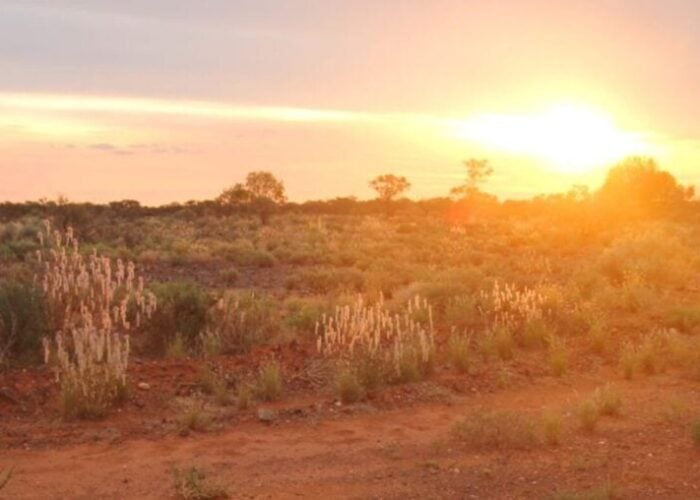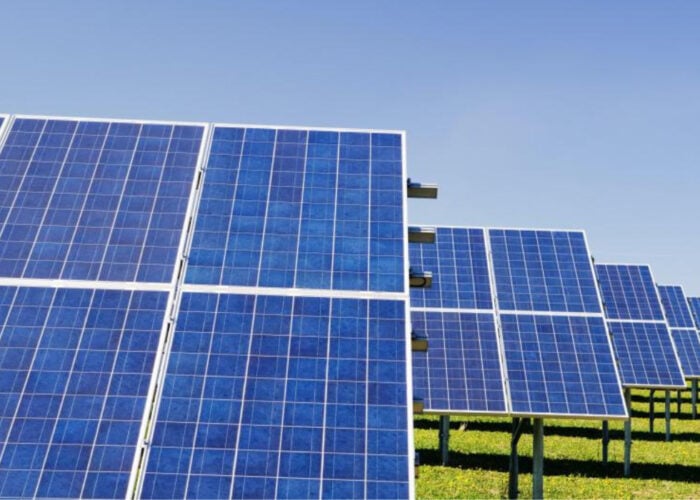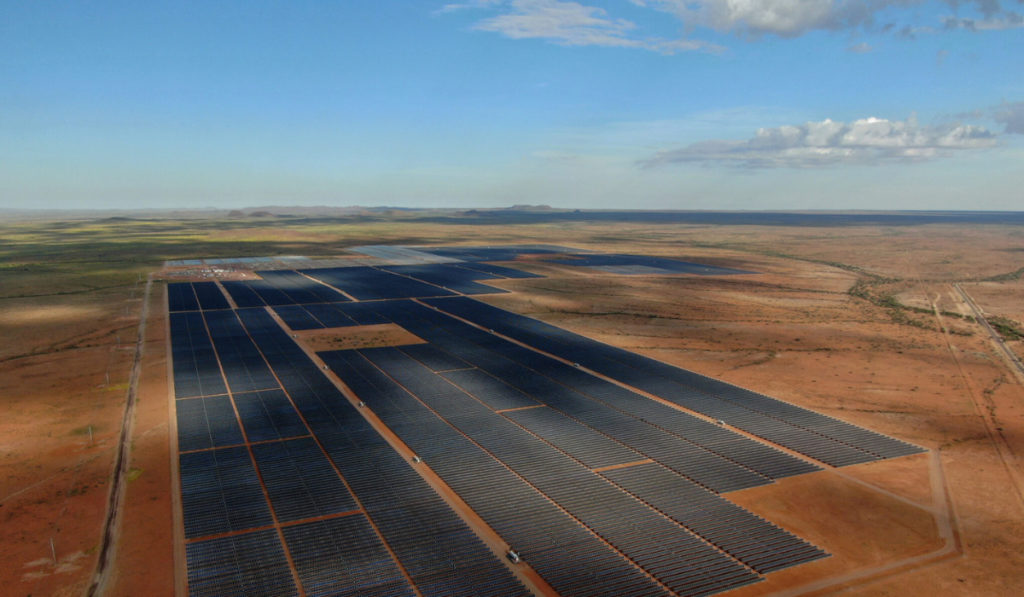
The decrease in solar module and battery energy storage system (BESS) prices over 2023 has made renewables projects “more competitive than ever” for developers, according to the CEO of Norwegian renewable energy developer Scatec, Terje Pilskog.
Scatec posted record-high revenues and construction figures over 2023 – NOK12.7 billion (US$1.2 billion) in proportionate revenues and EBITDA of NOK3.8 billion (US$364 million), which it said was facilitated by lower module and BESS prices.
Unlock unlimited access for 12 whole months of distinctive global analysis
Photovoltaics International is now included.
- Regular insight and analysis of the industry’s biggest developments
- In-depth interviews with the industry’s leading figures
- Unlimited digital access to the PV Tech Power journal catalogue
- Unlimited digital access to the Photovoltaics International journal catalogue
- Access to more than 1,000 technical papers
- Discounts on Solar Media’s portfolio of events, in-person and virtual
Over 2023, the price of solar modules and components fell dramatically because of significant capacity expansions from manufacturers, even at times resulting in oversupply with a glut of module shipments that exceeded demand. This most notably in Europe where the market has been recently saturated with more low-priced PV modules than it can deploy.
In a recent study entitled Three predictions for global solar in 2024, energy analyst firm Wood Mackenzie predicted that solar manufacturing would have to reckon with the reality of massive overcapacity in China, which is currently around three times global deployment demand, and the prospect of a number of factories being cancelled or struggling to remain in business as a result.
Lithium-ion BESS prices have also fallen significantly, though not as dramatically as module prices. As of November 2023, Li-ion battery packs were at a record low of US$139/kWh.
Whilst these low prices can cause headaches for manufacturers (particularly in the case of solar, which has been forecast to take a downturn in the upstream this year as manufacturers struggle to stay profitable), they are good news for developers like Scatec. A report from consultancy firm EY illustrates this, having found that solar PV has a levelised cost of electricity (LCOE) 29% lower than the closest fossil fuel alternative.
In the company’s earnings call, Pilskog said: “Solar PV module prices decreased by 45% and energy storage systems by 24% last year alone, and both are now at all-time lows.”
2023 saw “the largest construction programme in Scatec’s history”, he said. The company posted EBITDA from its operating assets of NOK3.2 billion (US$306 million) over the year and generated around 3.6TWh of renewable power. It also recorded NOK8.2 billion in revenues from its development and construction operations over the year.
In Q4 2023, it recorded EBITDA of NOK808 million (US$77 million) and proportionate revenues of NOK1.7 billion (US$162 million). Of these revenues, close to a third (NOK532 million (US$51 million)) came from the company’s development and construction segment.
Pilskog said: “Renewables are more competitive than ever, which is especially the case in our focus markets.”
Scatec predominantly develops projects in emerging markets. In recent months, it has completed a 540MW solar-plus-storage project in South Africa, representing the company’s largest financial commitment to date in a US$1 billion investment from a group of lenders which included the Standard Bank Group, acting as lead arranger, and British International Investment (BII).
It also sold a 41MW solar PV project in Mozambique to African independent power producer (IPP) Globeleq earlier this month.
Looking to the future, in the company’s Q4/full year 2023 earnings call, Pilskog said: “As supply of both solar module and battery input materials exceed estimated demand, we expect the prices to remain low also going forward.”
For 2024, Scatec predicts 4.2 – 4.6TWh of power production and a proportionate EBITDA of NOK3.4 – 3.7 billion.

